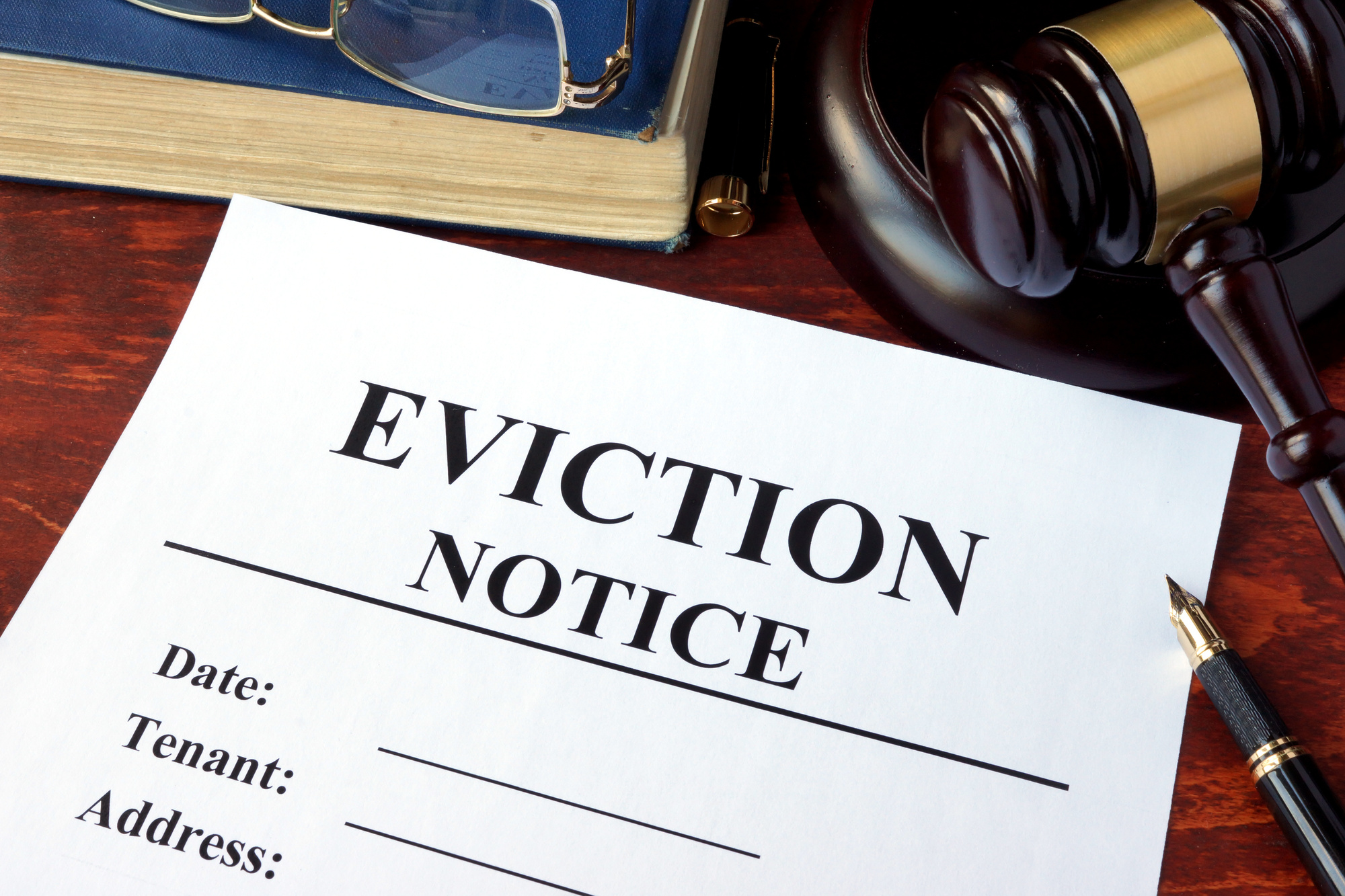Tenant eviction: it’s an unfortunate part of being a landlord, but sometimes, you’re left with no choice. It may not be what you signed up for when you decided to invest in a rental property, but it’s an unavoidable part of the job.
If you do encounter a situation where you need to evict a tenant, it’s important to have a good knowledge of the eviction process and what exactly it entails. This can be complicated, as the eviction process varies from state to state, and there are federal laws to consider as well.
In order to make sure tenant evictions run as smoothly as possible, we’ve created a simple guide to the eviction process for landlords. Read on to learn about everything you need to know.
You Will Need to Have Cause
If you want to evict your tenant, you will need to have a viable reason for doing so. Without legal cause, your tenant will be able to fight their eviction in court and may even be likely to win.
Some of the acceptable causes you may have for evicting your tenant include the tenant failing to pay rent or violating the terms of their tenancy agreement.
Proper Notice?
In most states in America, you would need to give your tenant proper notice before evicting them from your home. However, in Minnesota, this is not the case.
Instead, as soon as your tenant has given you legal cause to do so, you are able to go to court and file an eviction lawsuit against them. This officially terminates the tenancy.
There is one exception to this rule. If your tenant lives month-to-month or doesn’t have a lease agreement, and they fail to pay their rent, you are obliged to give them 14 day’s notice before filing for eviction.
Removal of Your Tenant
In Minnesota, the only way you are legally entitled to remove your tenant from your property is if you win an eviction lawsuit. Even after you do this, you are still not permitted to remove the tenant yourself. This action must be taken by a law enforcement officer.
If your tenant refuses to leave your property, you will need to get in touch with the proper authorities. If you try to remove them yourself, they will be entitled to file a lawsuit against you.
You want to make sure your eviction process is by the book so that you don’t end up facing legal action as a result. You should also make sure you stay up to date with any COVID-19 related eviction bans your state may have.
Your Guide to the Eviction Process
Evicting a tenant can be a difficult experience. Be sure to follow the above rules if you want to make sure the eviction process is fair and legal.
If you need assistance with evictions, repairs, rent collection, or any other aspect of being a landlord, at ELHM Properties we’re here for you. Get in touch today to see how we can help.


One response
[…] experienced these types of tenants you may have already explored the laws associated with the eviction process and tenant’s rights. This is good knowledge to have for situations when a discussion […]